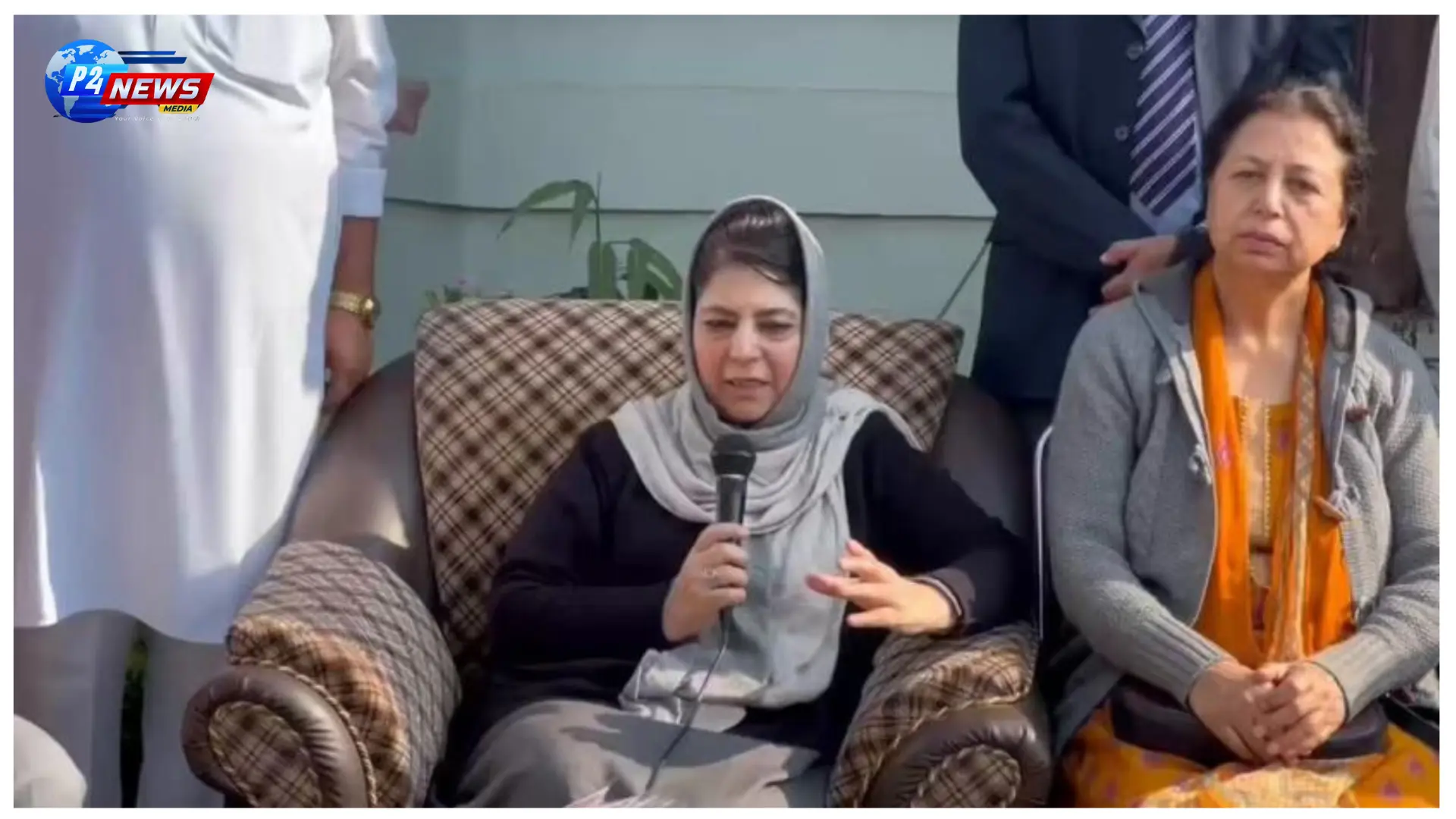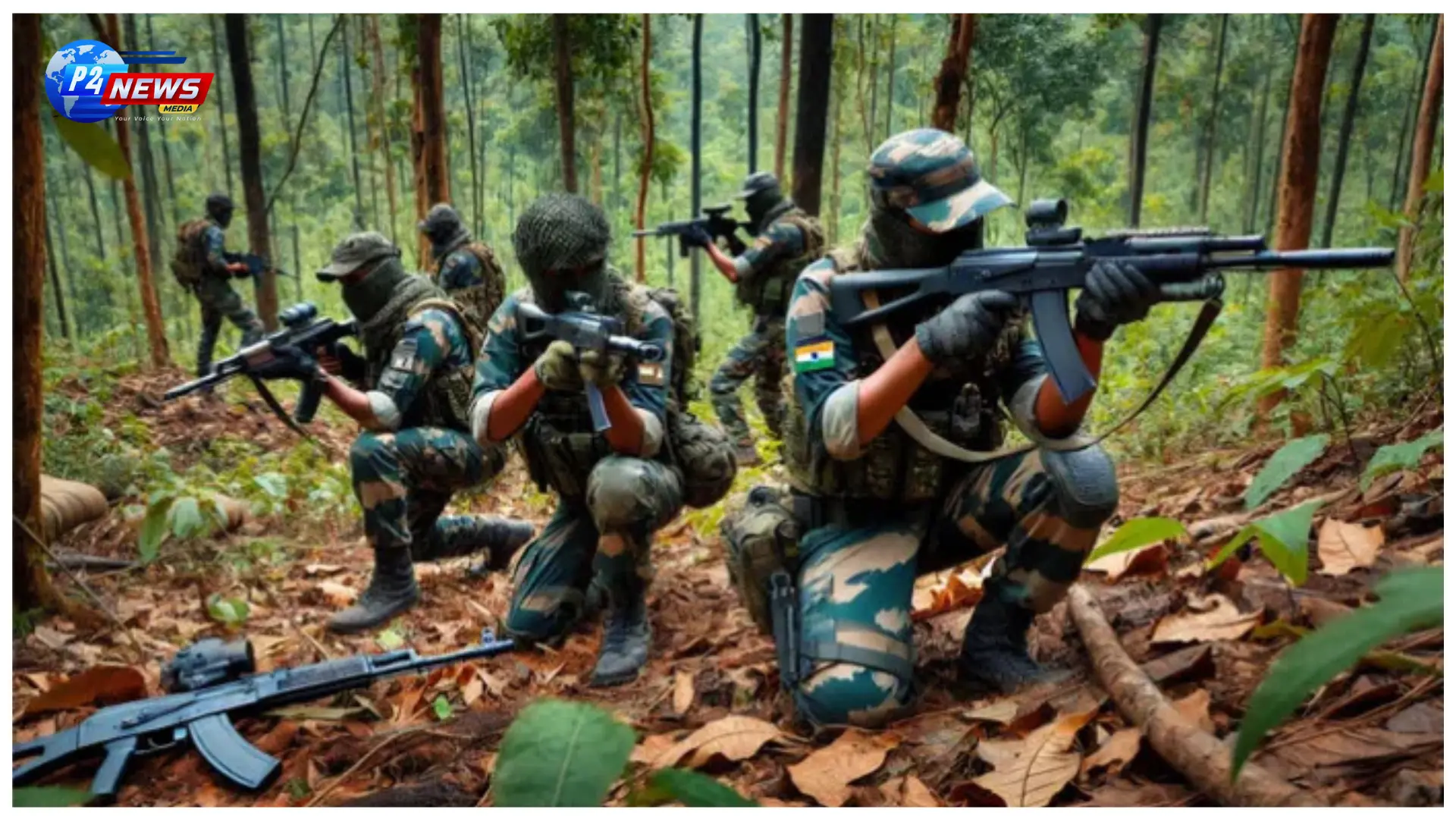Mehbooba Mufti's recent remarks on the treatment of minorities in India and Bangladesh have ignited a significant debate, reflecting concerns reminiscent of the pre-independence era. As she addresses the rising issues faced by minorities, her comparisons raise pressing questions regarding societal harmony.
Former Jammu and Kashmir Chief Minister Mehbooba Mufti has sparked a heated controversy with her statements regarding the treatment of minorities in India and Bangladesh. During a press interaction in Jammu, she lamented the deteriorating situation for minorities, drawing parallels to the conditions prior to India gaining independence in 1947. According to Mufti, the incident that occurred in Sambhal on November 24 serves as a grim reminder of the prevailing tensions.
Mufti remarked, “Today, I am increasingly worried that we are heading in the same direction as we were in 1947. Young people today are looking for jobs but are unable to find any. Our healthcare and education systems are failing us; the quality of roads is declining, while efforts to demolish mosques to make way for temples are underway. The incidents in Sambhal are deeply regrettable, where workers were shot while going about their daily activities.”
In Sambhal, four individuals lost their lives, and many others were injured during violent clashes that erupted over a court-ordered survey of the Shahi Jama Masjid, which has become embroiled in a contentious legal battle. Some parties contend that the mosque was constructed on the site of a former Hindu temple, prompting a court to mandate its survey. Local residents protested against this order, leading to widespread chaos and violence.
Mufti also highlighted the notable issue surrounding the dargah of Sufi saint Moinuddin Chishti in Ajmer, Rajasthan, asserting, “The Ajmer Sharif Dargah symbolizes the essence of unity across various faiths, with people from diverse backgrounds paying their respects there. However, there are attempts to investigate and disturb this sacred site, based on the belief that a temple exists within its precincts.” This situation is compounded by legal notices issued to the Archaeological Survey of India following a petition claiming the dargah houses a Shiva temple, escalating tensions further.
Mufti's comments about the minority climate in Bangladesh were particularly striking. She stated, “While atrocities against Hindus are rampant in Bangladesh, we must reflect—if similar injustices are occurring against minorities in India, what distinguishes India from Bangladesh? In my view, there is little difference.” Her remarks come against the backdrop of escalating diplomatic tensions between India and Bangladesh, sparked by the arrest of Hindu priest Chinmoy Krishna Das in Dhaka. Members of ISKCON, he faced serious charges, and his detention resulted in violent clashes between his supporters and authorities, leading to casualties.
The Ministry of External Affairs in India expressed disquiet over the treatment and safety of Hindu and minority communities in Bangladesh, as disturbing footage surfaced showing the desecration of Hindu symbols and temples in Bangladesh. In an alarming incident last Friday, a mob vandalized three Hindu temples in Chattogram.
The increasing hostility faced by Hindu minorities in Bangladesh and the corresponding disrespect for the Indian flag has heightened tensions between the two nations. In response, the Rashtriya Swayamsevak Sangh (RSS), which ideologically aligns with the ruling BJP party, urged an immediate cessation of violence against Hindus in Bangladesh, emphasizing the responsibility of the interim government led by Muhammad Yunus to ensure the protection of the rights and safety of minority groups.
As this debate unfolds, it highlights the critical need for an in-depth examination of societal factors affecting communal relationships within India and its neighboring countries. The implications of these discussions stretch beyond mere political discourse, resonating deeply within the fabric of social unity and cultural coexistence in the region.
















Comments 0